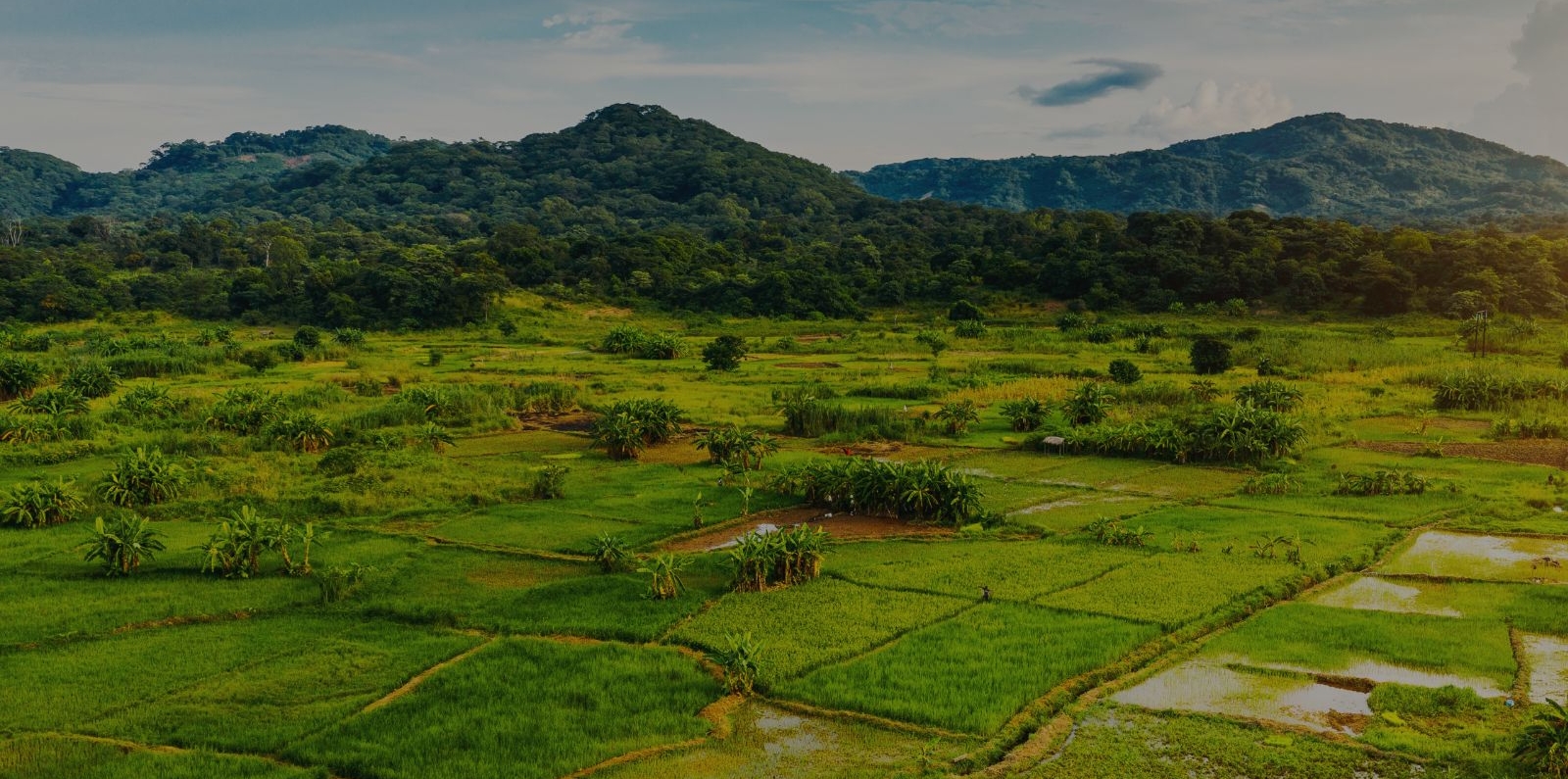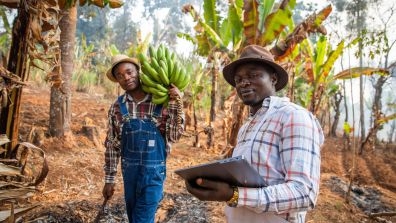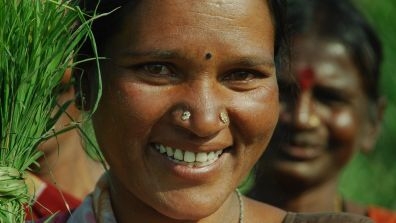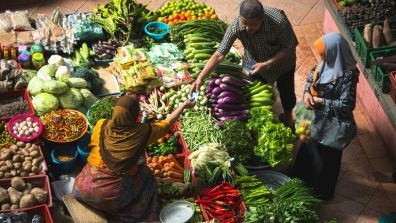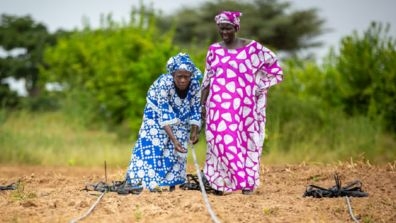This article was originally posted by CNBC Africa. By Agnes Kalibata, Founder and Chair of Connect 4 Impact Advisory Group.
Across Africa, smallholder farmers produce as much as 80 percent of the continent’s food. Yet, they remain among its most under-financed producers. For decades, access to affordable, suitable finance has been the missing ingredient for scaling climate-smart, productive farming.
Now, a new model of investment is taking shape, one that blends concessional funds with private capital to share risk and unlock new resources for those who feed the continent. If scaled, it could change the equation for millions of farmers, and turn the tide in Africa’s fight to end hunger.
Smallholders face an estimated US$170 billion annual financing shortfall, and although they are among those most exposed to the impacts of climate change, they receive less than one percent of global climate finance.
As temperatures rise and shocks intensify, Africa is the only region in the world where hunger is still increasing. Without urgent action to channel investment where it matters most, this gap will only widen.
The barriers lie on both the supply and demand sides.
Lenders and donors often view smallholders — exposed to climate shocks, limited financial infrastructure, and weak institutional capacity — as high-risk, and few are equipped to offer the small, flexible loans aligned to agricultural seasons that farmers need. Meanwhile, many farmers lack collateral, credit history, financial literacy, or even a bank account, leaving them unable to engage confidently with formal lenders.
An under-financed agribusiness ecosystem compounds the challenge — small companies lack the seeds, fertilizers, machinery, and markets that farmers need to adapt to extreme weather events.
Many partners have sought to bridge these gaps. With commercial financing to agriculture covering only about 5 percent of the demand, national programs and donor initiatives have stepped in to expand access to inputs, credit, and insurance.
While these efforts help build valuable foundations, many remain fragmented, which limits their potential scale and impact. The challenge today is not the absence of good models, but the need to mobilize finance at a level and speed that match Africa’s vast potential for transformation.
That is where the Business Investment Financing Track (BIFT) — the second-generation private sector finance platform from the Global Agriculture and Food Security Program (GAFSP) — comes in.
Building on the successes and lessons of GAFSP’s Private Sector Window, the BIFT offers risk-absorbing concessional finance (below market rate loans) with development bank funding to unlock private-sector investment. Its first allocation, to the African Development Bank, will help establish the Agro-Inputs Risk Sharing Facility (ARSF) — an initiative designed to channel finance where it is needed most.
With an initial investment of US$10 million — combined with US$4 million in technical assistance from the BIFT — the ARSF reduces risk for commercial lenders, paving the way for up to US$200 million in loans for small and medium sized agricultural companies in Ethiopia, Uganda, Tanzania, Malawi, and Zambia.
The initiative will reach more than 500 intermediary agro-dealers and cooperatives, improving access to certified seeds, organic fertilizers, soil enhancers, mechanization, and other vital inputs for more than 1.5 million smallholder farmers. By strengthening value chains and empowering farmers with the tools they need, it will help build a stronger, more sustainable smallholder economy.
Risk sharing facilities have been tested before, including by Alliance for a Green Revolution in Africa, in Nigeria and Ghana. The BIFT builds on these past efforts, with the potential to unlock commercial financing at scale through GAFSP’s global network of development finance partners.
This approach is deeply aligned with and directly supports the ambitions of the Comprehensive Africa Agriculture Development Programme (CAADP) and the 2025 Kampala Declaration on Food Systems Transformation. Together, these frameworks set out a bold, Africa-led agenda to boost agricultural investment, improve nutrition, and build resilience to climate shocks. If scaled further, this initiative could make a significant contribution to financing the next generation of CAADP.
BIFT could also help or contribute to implementing the ambitious vision of the World Bank Group’s recently launched AgriConnect initiative, which mobilizes the private sector, donors, governments, and innovators to support smallholders and create jobs in agribusiness.
At a time when global aid budgets are shrinking, this approach could not be more timely. BIFT demonstrates how every development dollar can work harder, delivering outsized impact by unlocking private capital, building sustainable markets, and driving progress toward a more food-secure Africa.
If we empower farmers and local enterprises to lead, and ensure every development dollar goes further, Africa’s smallholders will feed their communities, drive growth, and sustain hope for generations to come. By banking on smallholders and the ecosystem of businesses that support them today, we can plant the next seeds of Africa’s food-secure future.
